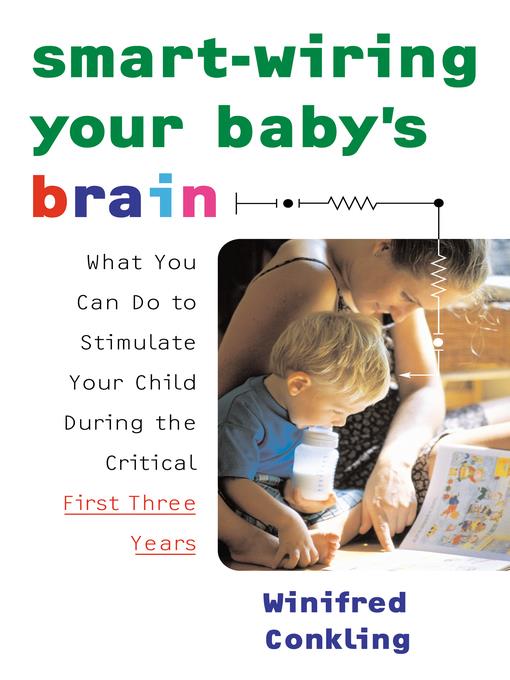
Smart-Wiring Your Baby's Brain
What You Can Do to Stimulate Your Child During the Critical First Three Years
کتاب های مرتبط
- اطلاعات
- نقد و بررسی
- دیدگاه کاربران
نقد و بررسی

May 15, 2001
Though these parenting aids both emphasize nurture over nature, they have different focuses. Conkling, a freelance writer specializing in health and alternative medicine, believes that experience and environment can change and improve children's intelligence and, furthermore, that early stimulation can alter the size, structure, and chemistry of a child's brain ("In fact, 70 percent of your child's brain development will be complete by the time she blows out her first birthday candle," she writes in the introduction). Using research of the past 20 years, she argues that even a genius would not achieve her potential without the proper stimulation. Included are tips on assuring that maximum neural development can take place in the womb, talking to your baby and appreciating her special gifts, encouraging artistic expression and speech development, and making good food choices. Stipek, dean of the School of Education at Stanford University, and Seal, a freelance psychology and education journalist, believe that most children are born with the desire to learn but that this desire starts to decline at about middle school. Rather than focusing solely on boosting self-esteem (which she says can "do damage"), she advises parents to foster competence, autonomy, and relationship security in children. One of her most useful bits of advice is how to connect book learning to the real world. She also rightly points out that if children worry that making a mistake will make them look bad, they will avoid challenge. Caretakers, she says, should help children understand that they can feel and even get to be smarter by doing their work. Public library patrons will find both of these books helpful and approachable. Annete V. Janes, Hamilton P.L., MA
Copyright 2001 Library Journal, LLC Used with permission.

























دیدگاه کاربران